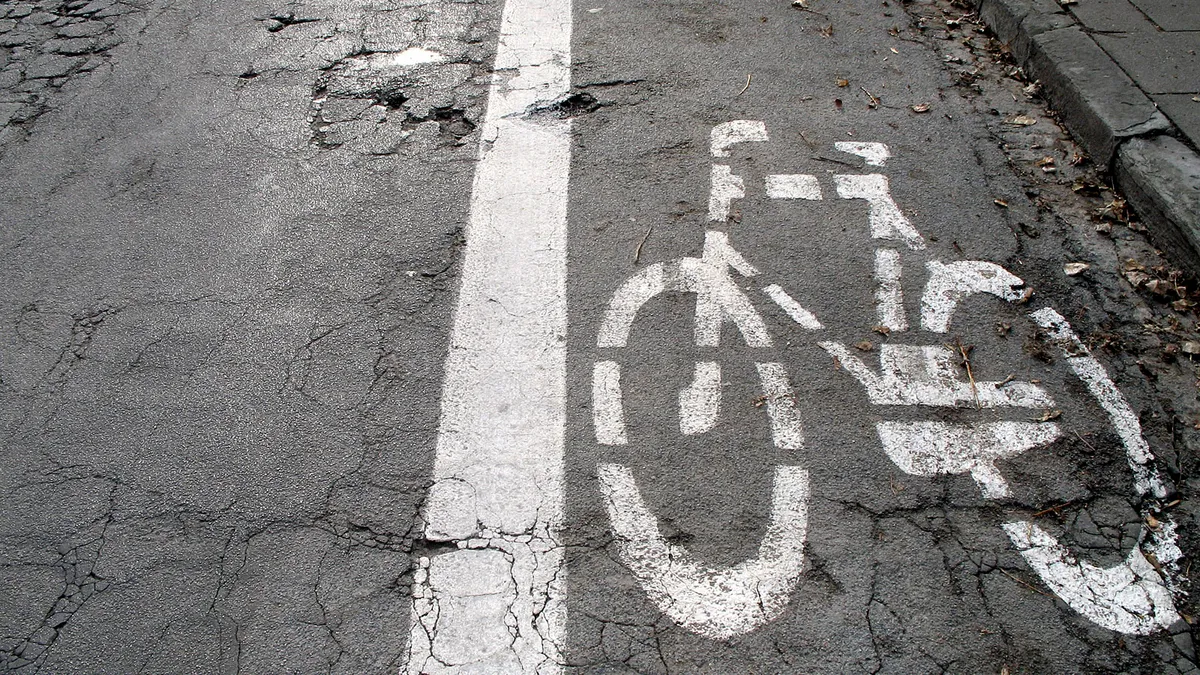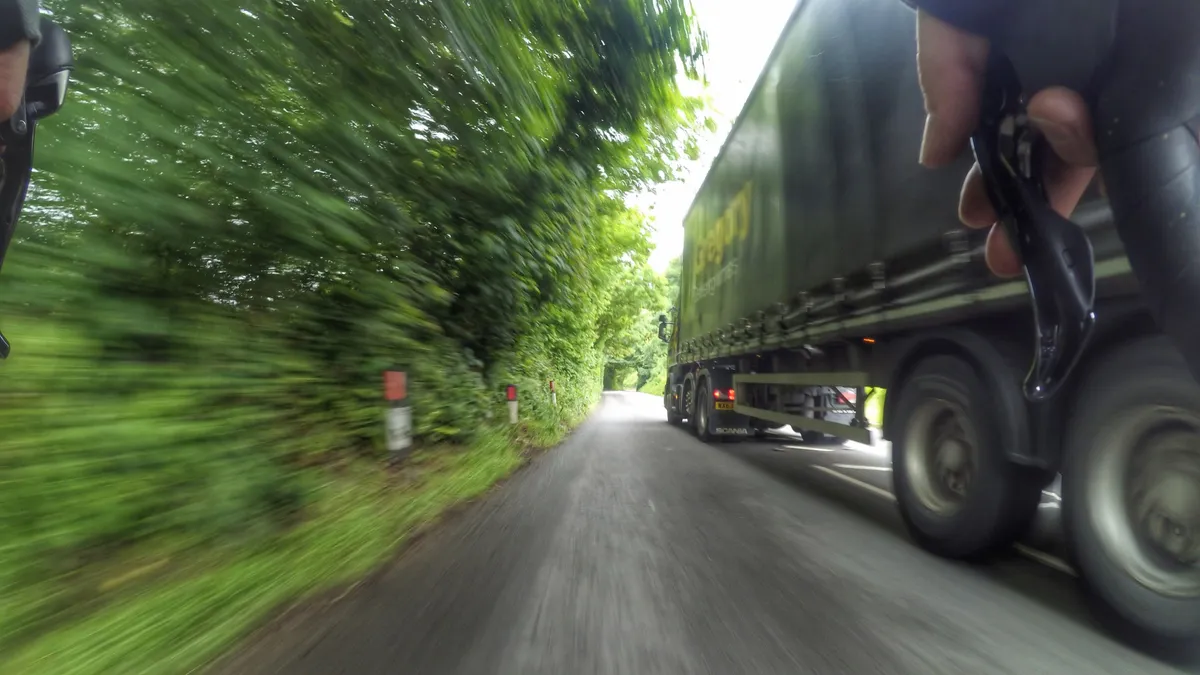Rising traffic numbers, a health system stretched by preventable disease, poor air quality. Getting more people on bikes for shorter journeys is often cited as the magic bullet to cure these ills. But according to a recent poll of potential cyclists, there is a lot that needs to change in terms of infrastructure and enforcement before they feel safe enough to get on a bike.
In 2016, the National Travel Survey recorded that 64 percent of all trips between one and two miles were undertaken by car. These are exactly the types of journeys that campaigners say could and should be taken by bike.
But it's not enough to simply encourage people to do it, we need to understand what the blockers are in the first place, and that was the aim of a recent YouGov survey that was commissioned by Cycling UK to coincide with the sustainable transport charity's submission to the UK government's Cycling and Walking Investment Strategy safety review.
The importance of getting more people on bikes
The survey questioned 2,024 adults in Great Britain to determine the main reasons why more people don't cycle. The results are, in many ways, hardly surprising, especially to anyone who rides regularly on UK roads.
The three main reasons putting off potential cyclists, cited by over 50 percent of respondents, are:
- Sharing the road with lorries and large vehicles
- Being close-passed by vehicles
- Poor road conditions including potholes
Two other significant concerns are crossing busy junctions and roundabouts, and car doors being opened in to the path of cyclists.
Duncan Dollimore, Cycling UK’s head of campaigns, says: “The Government is being taken through the courts for failing its air quality commitments, casualties on our roads are going up, and our NHS is struggling with the burden caused by an inactive nation. More people cycling is part of the solution to all these problems."
He continues: “The Government wants more and safer cycling, but as Cycling UK’s research shows, people who don’t currently cycle need change if they’re going to choose to cycle short distances rather than drive.”

So what needs to change?
When questioned, over 40 percent of respondents came out firmly in favour of segregated cycle lanes, completely separate cycle paths, such as greenways, and better road conditions.
To call for specific, measurable change, Cycling UK has created a report based on the survey data above. Entitled Cycling safety: make it simple, this document explains how this can be achieved in a simple and cost-effective way, according to Dollimore.
"Making cycling more accessible and safer will give people the alternative transport solution they need," Dollimore says.
Some of the proposals that Cycling UK is calling on the Government to implement include:
- Changes to the Highway Code
- Safer vehicles, especially lorries
- Road and street design
- Enforcement
- Road traffic offences and penalties review
- Funding
Looking at potholes alone, according to the Asphalt Industry Alliance, 12 percent of local roads will need repairing in the next 12 months, and as things currently stand it will take 14 years and £9.3 billion to bring road conditions up to standard, and that's before new infrastructure is even budgeted.
However, given that cardiovascular disease, for which inactivity or lack of exercise is a major contributing factor, costs the NHS £8.95 billion per year, spending money on encouraging more people to cycle begins to sound like money well spent. Whether it actually ends up being spent remains to be seen.

